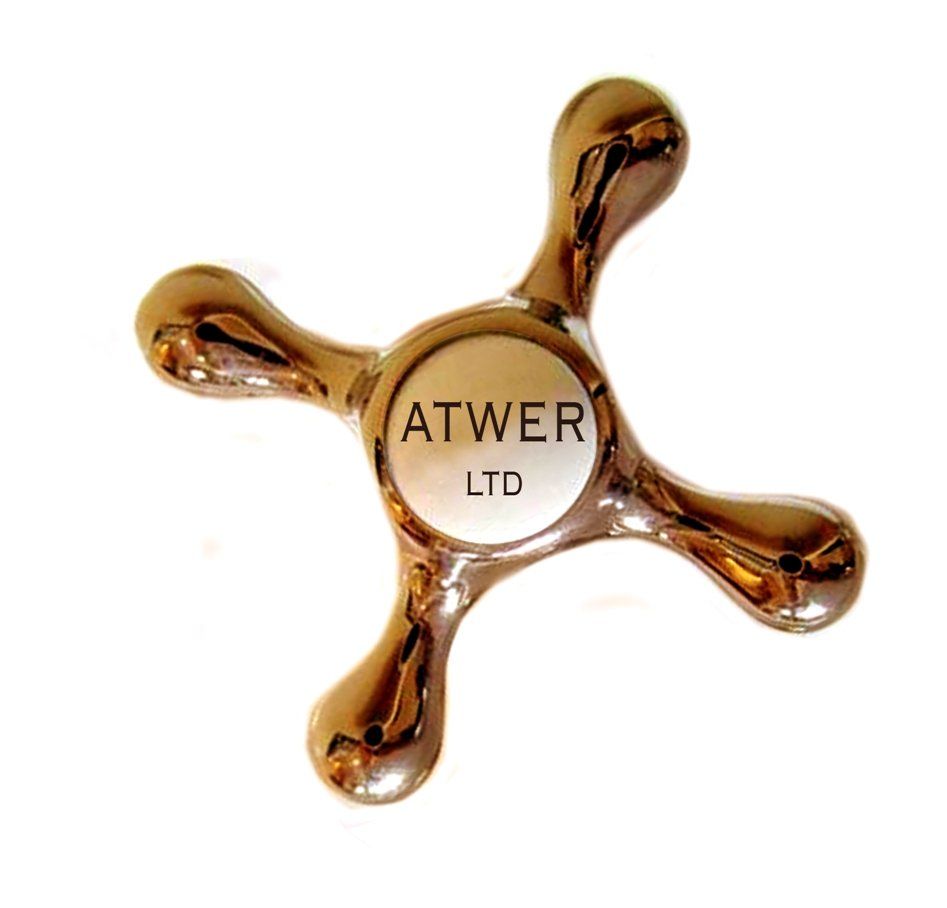Case Studies

The three case studies listed have been anonymised as part of a confidentiality agreement.
South West Water Ltd
The workshop was designed to give a broad understanding to SSW Trade Effluent team and to the Operations Managers the history of Trade Effluent (TE) Control, the basic implications of TE control failure and the critical aspects of the Water Industry Act 1991 governing TE. Once the teams understood the TE aspects the workshop developed the processes that are need to be in place to initiate Legal proceeding against a company or individual for failing to comply with the TE Legislation.
An overview of Court room procedure was also delivered to the teams.
The questions raised during and subsequently after the workshop indicates that the contents was very much appreciated and thought provoking.
As with any ATWER workshop queries or procedural aspects of TE Control are most welcome and answered quickly.
Wessex Water Services Ltd
A Trade Effluent (TE) Enforcement workshop/seminar was designed with input from Wessex Water, the topics to be covered were:
- Protection of WW assets, physical & reputational
- TE Legal framework
- Defining TE
- Consequences of of poor consenting
- Enforcing compliance with TE Consent conditions
- Evidence gathering at pollution events & at sites with poor compliance
- Court processes & procedures
Approximately 30 attended this thought provoking seminar by a cross section of operational staff, Managers and Senior Managers and the TE Team.
A wide variety of questions/queries were asked during and after the seminar.
Stafford By-Products
Trade Effluent Discharge Improvements was the brief given to ATWER.
Upon investigation it was discovered that only minor changes to the existing treatment plant were necessary, thus saving money by not having to install new equipment.
The Trade Effluent Consent though only issued 6 months ago by Severn Trent Water Ltd was re-negotiated to reflect the discharge and lessen the potential for Legal action to take place. It however place a requirement on the company to install their own sampling machine, which, will hopefully pay for itself very quickly as the charges will be based on 24hr composite rather than spot samples taken during periods of maximum strength.
The sample data review allowed for a CHARGES calculator spreadsheet to be developed. This allows the company now to enter the data and the TE charges are calculated so there affects are shown immediately. The spreadsheet allows for improved forecasting and budgeting.
Case Study 1
Major Yogurt Manufacturer.
This manufacturer was new to the UK, but had many production facilities throughout Europe and wished to build on a brown field site.
- Ensured that their requirements were interpreted correctly not only by their consultants and Board, but, within the various departments of the Water and Sewerage Company.
- The Water Legislation governing such a project and how both parties could be best served was explained.
- Negotiated with the Asset Delivery teams and the Operational functions the need to bring forward sewage treatment works improvements to allow the development to take place inline with the build programme and with their future production expectations.
- Agreement to discharge was designed to be flexible to both parties which gave time for the capacity to be built at the receiving sewage treatment works while production was increasing. But also ensured the aquatic environment and the Sewerage Undertaker were protected.
- Monitoring of the effluent discharge was in real time for volume, organic strength (TOC monitor) and load, this gave reassurance especially to the Sewerage Undertaker.
- Benefits gained were full real time costs of discharge, improved quality of products as poor quality effluent could be linked backed to production line and team units.
Case Study 2
Defended Sewerage Undertaker against £600,000 claim.
A County Council via a "Tariff" consultant sought £600,000 due to an alleged overcharge for a discharge to sewer.
- 3 year period of managing the consultant and their avenue of argument and by thorough review of the data supplied and that of other evidence to confirm the validity of the claim.
- Defending the Sewerage Undertaker and its policies, interpreting the complaint against the reality of the evidence the case went to appeal with OFWAT (The Water Services Regulating Authority).
- Line by line the claim was disputed and the approach taken justified at each stage.
- OFWAT appreciated the thorough approach and agreed with the proposed settlement figure in favour of the Sewerage Undertaker.
- The refund including goodwill equated to £41,900
- Improved relations developed during the claim with the County Council obviated their need for a tariff consultant covering water and effluent charges.
Case Study 3
7000 litres of petrol into sewers.
Petrol Tanker while turning around to face out of the petrol station as per filling station requirements tipped its barrel over onto the cab causing 7000+ litres of unleaded petrol to the sewers.
- Close liaison with all the Emergency Services and Petroleum Companies and the careful handling of the Environment Agency lead to a successful resolution of the incident after 72 hours.
- Surrounding neighbourhoods evacuated and those along the route of the affected sewers.
- The exclusion zone actively monitored and increased ahead of the petrol in the sewers with explosive meters.
- Early into the incident a major fire started at a Chemical works 14 miles away.
- Co-ordinated response to that event at the same time via the Sewerage Undertakers Operations Incident Control Room.
- Dealt with the media questions and gave interviews.